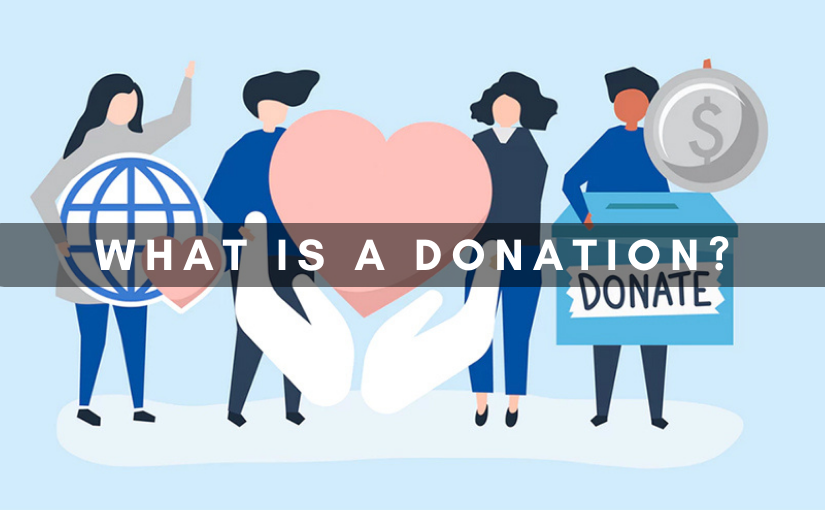A donation is a present for a noble cause, a compassionate guide, or to help a cause. A donation might take various structures, including cash, charity, administrations, or merchandise like dresses, toys, food, or vehicles. A donation might fulfill clinical requirements like blood or organs for relocation.
Beneficent donations of labor and products are additionally called gifts in kind.
In the United States, in 2007, the Bureau of Labor Statistics tracked down that American households in the most minimal fifth as far as abundance, gave on normal a higher level of their earnings to altruistic associations than those households in the most noteworthy fifth. Good cause Navigator composes that, as per Giving USA, Americans gave $298 billion out of 2011 (around 2% of GDP). Most of the donations were from people, then, at that point, from inheritances, establishments, and under 1% from companies. The biggest area to get donations was religious associations, then, at that point, instruction. Giving has expanded in 3 out of a long time starting around 1971 (with periodic decay happening around downturn years).
Blackbaud reports that, in the US, web-based giving in 2012 developed by 11% on a year-over-year premise. The level of all out raising money that comes from web-based giving was around 7% in 2012. This was an increment from 6% in 2011 and is approaching the record level of 8% from 2010 when internet giving spiked because of Haitian quake aid projects. Steve MacLaughlin notes in the report that “the Internet has now turned into the main reaction channel of decision for benefactors during fiascos and other crisis occasions.”
Blackbaud’s 2015 Charitable Giving report uncovered a 9% increment in web-based giving contrasted with 2014. Furthermore, web-based giving addressed 7% of generally speaking gathering pledges, with 14% of online donations made on cell phones. Donations made on the global internet surrendering day #GivingTuesday were 52% from the previous year.
Donations are given without bringing thought back. This absence of return thought implies that, in customary law, consent to make a donation is a “flawed agreement void for the need of thought.” Only when the donation is really made does it procure lawful status as an exchange or property.
In governmental issues, the law of certain nations might preclude or limit the degree to which lawmakers might acknowledge gifts or donations of enormous amounts of cash, particularly from business or campaign gatherings (see crusade finance). Donations of cash or property to qualifying magnanimous associations are additionally usually charging deductible. Because this decreases the state’s assessment pay, calls have been raised that the state (and the general population overall) should focus harder towards guaranteeing that foundations really use this ‘charge cash’ inappropriate ways.
There have been discussions on whether likewise, a donation of time ought to be charged deductible.
The individual or foundation giving a gift is known as the benefactor, and the individual or organization getting the gift is known as the donee.

